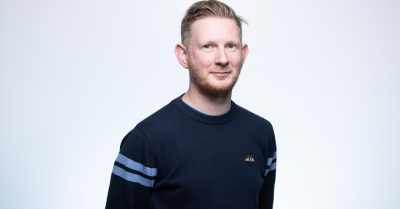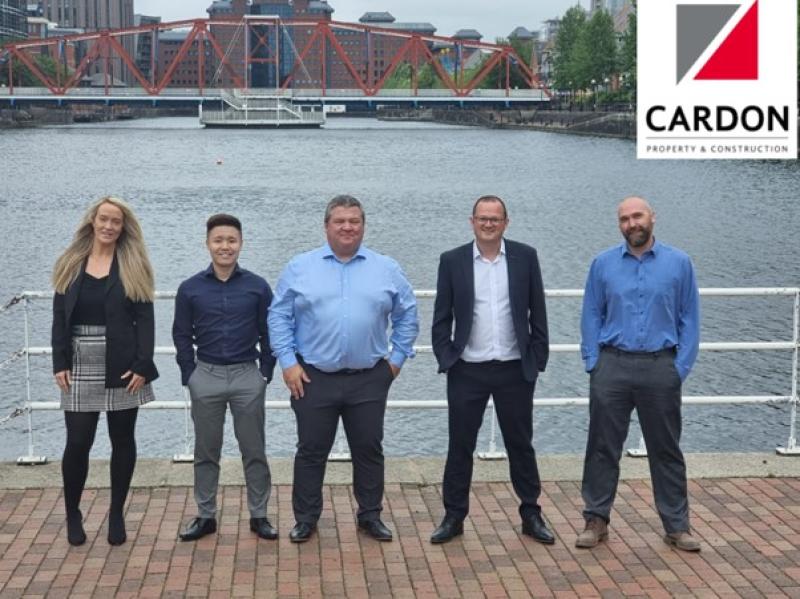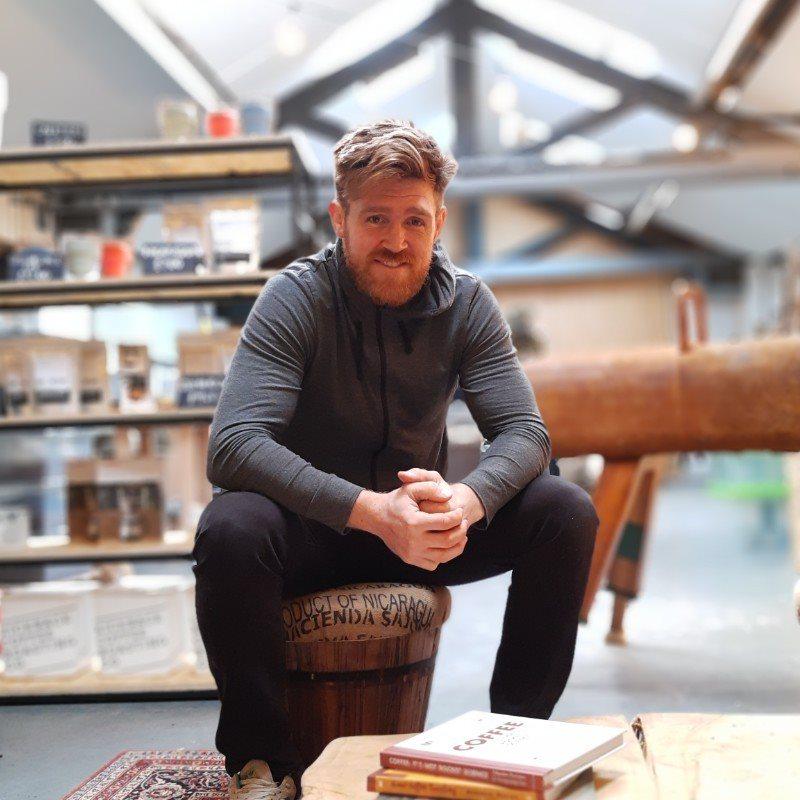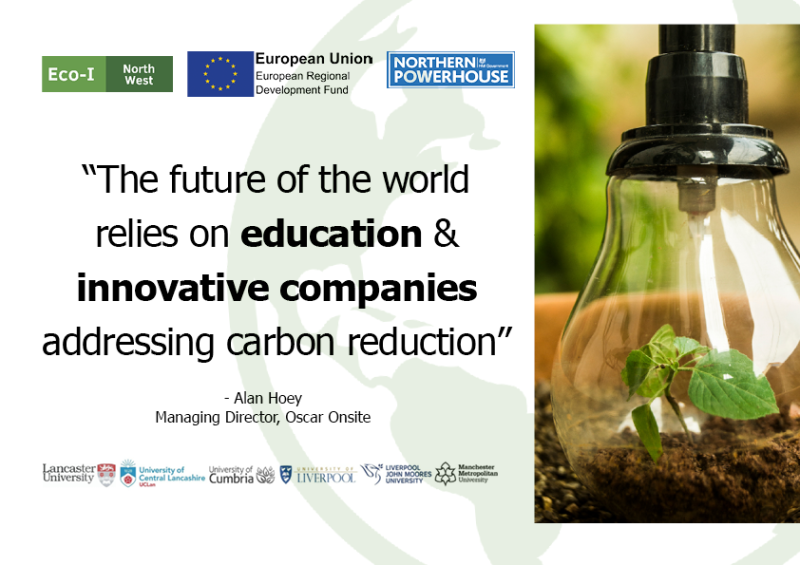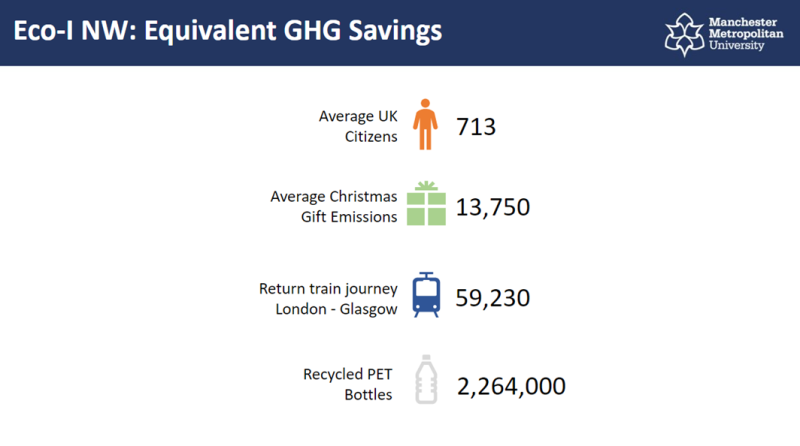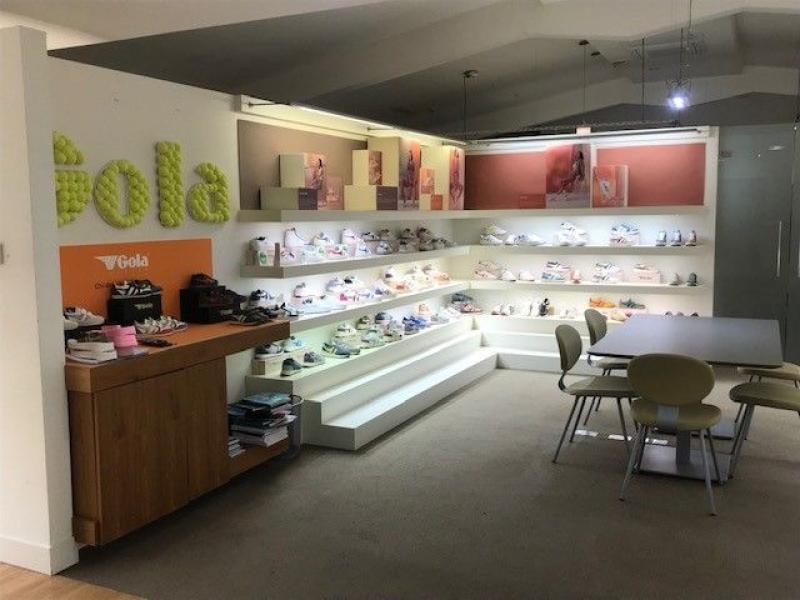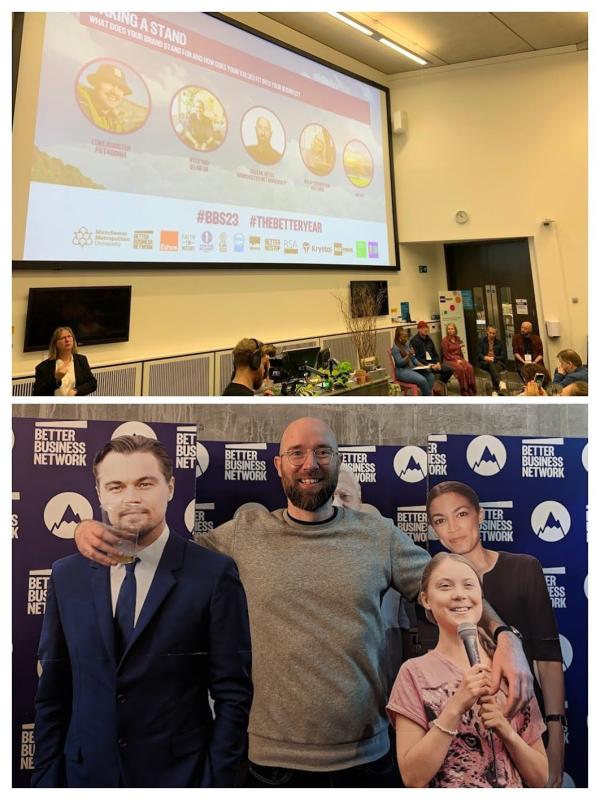ECO-I North West (ECO-I) is a fully funded programme of practical workshops and one-to-one support to help micro and small to medium-size businesses (SMEs) to create new, low-carbon processes, products and services, business models, and strategies that are compatible with the demands of the climate emergency and the needs of a net zero society.
Funded by the European Regional Development Fund, the £14 million programme is a collaboration of six North West universities and is the result of eight years’ successful collaborative research and design (R&D) activities.
We deliver independently but work collaboratively, allowing us to share expertise and equipment to find solutions to businesses’ specific challenges, supporting regional job creation, and boosting productivity. ECO-I is designed to create transformational change in low carbon innovation in micro businesses and SMEs, and to meet the Clean Growth Strategies.
In the UK private sector, SMEs employ 16.3 million people (three fifths of employment in the UK private sector) and contribute an estimated turnover of £2.3 trillion to the economy. The North West is home to the largest concentration of advanced manufacturing and chemical production in the UK and responsible for around 40 million tonnes of CO2 each year.
ECO-I supports a range of SMEs from industries such as agriculture to construction to manufacturing. The programme assists these businesses to develop sustainability action plans (SAPs). Developing the SAPs were informed by experiential co-creative research conducted by PhD candidates at Manchester Metropolitan University.



